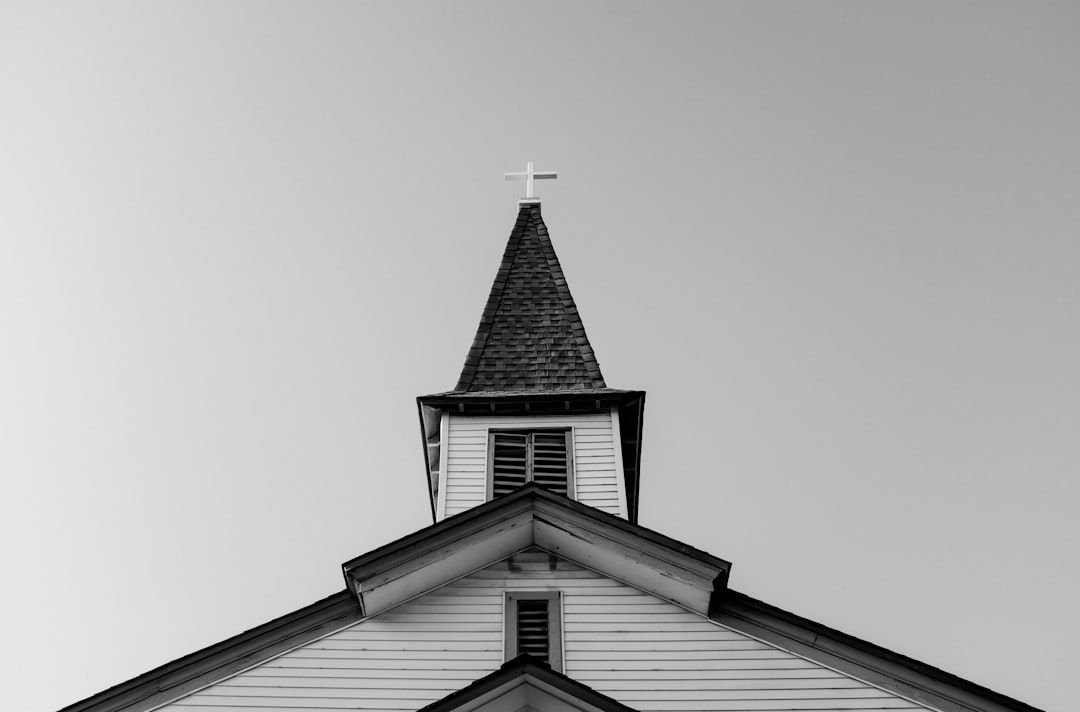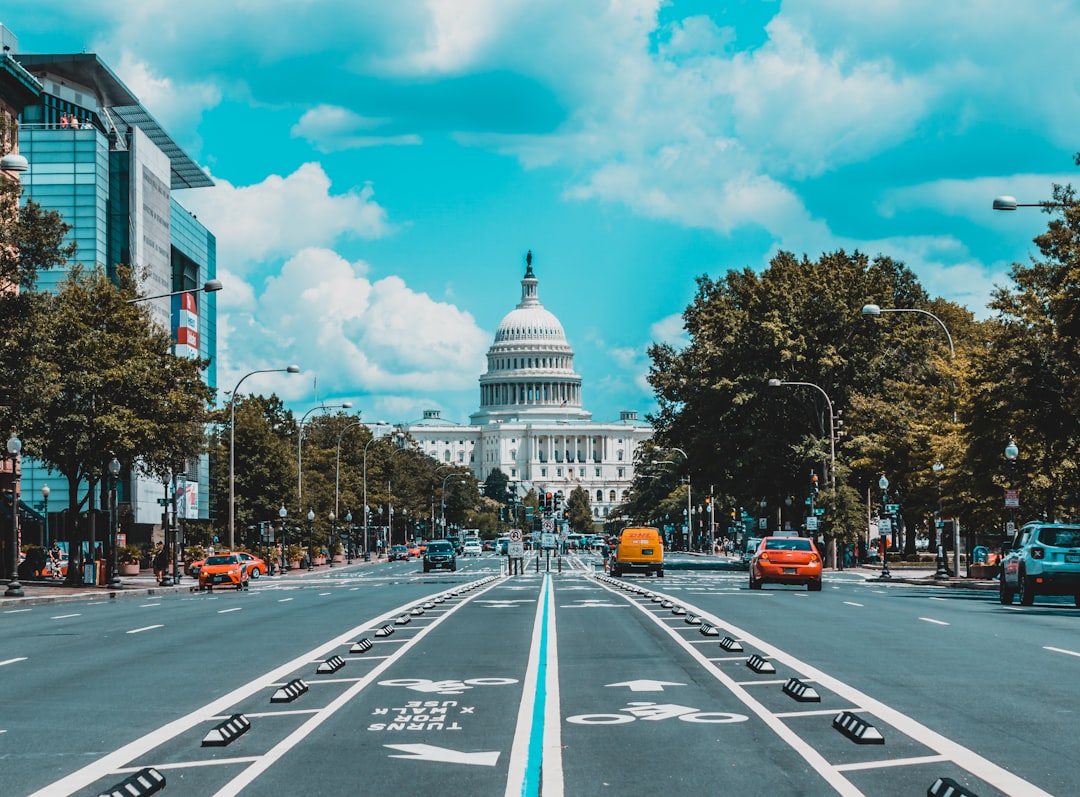Clergy abuse law firms in Washington provide essential support to survivors of emotional, physical, and sexual abuse within religious institutions. Despite challenges like statutes of limitations and stigma, these specialized firms guide victims towards justice, holding perpetrators accountable while fostering healing and awareness through legal representation and community collaboration.
In Washington, the issue of justice for clergy abuse survivors has gained critical attention. This article delves into the complex landscape surrounding clerical abuse, exploring key aspects such as understanding prevalent instances in the state, the current legal framework supporting victims, and the unique challenges they encounter in lawsuits.
We highlight the pivotal role played by specialized clergy abuse law firms in Washington, while also providing resources and advocacy strategies for survivors seeking redress. By examining these factors, we aim to shed light on the journey towards justice and healing.
Understanding Clerical Abuse in Washington
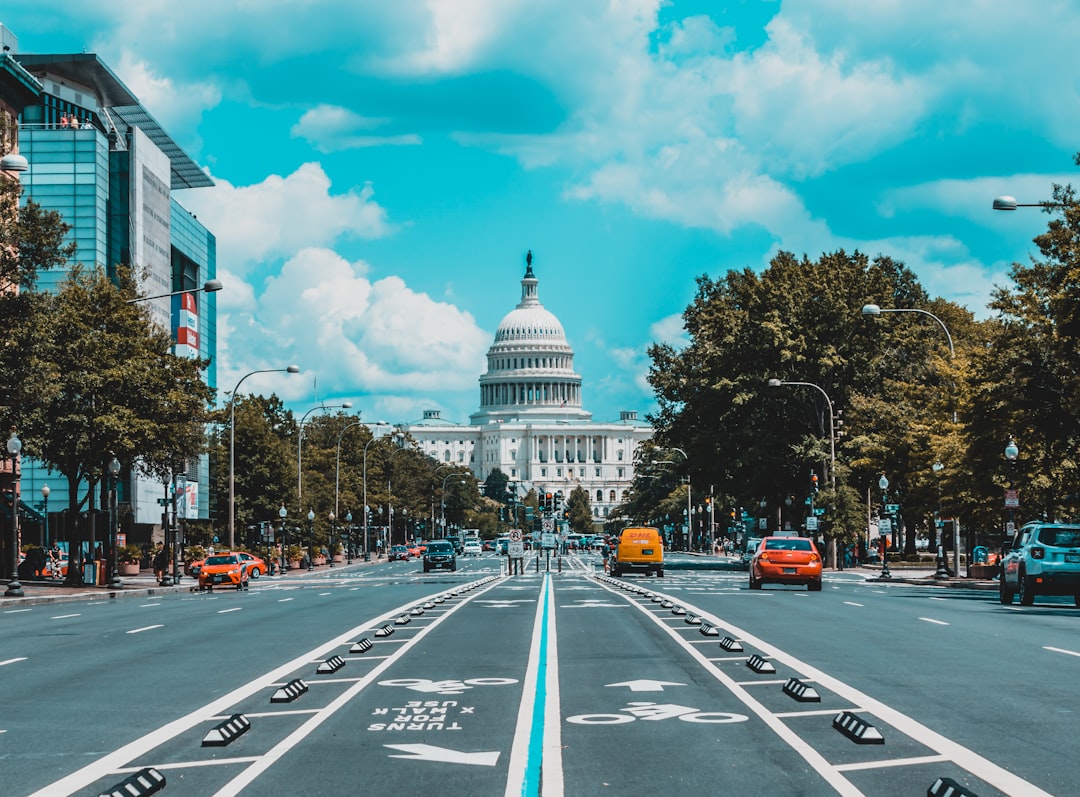
In Washington, clerical abuse refers to instances where individuals within the clergy—including priests, pastors, and other religious leaders—engage in harmful or inappropriate behavior towards their congregants or students. This can include emotional, physical, or sexual abuse, exploitation of trust, and failure to uphold ethical standards. The impact on survivors is profound, often leading to long-lasting psychological trauma and a sense of betrayal.
Survivors of clerical abuse in Washington face unique challenges when seeking justice. Barriers such as religious institutional power dynamics, cultural silence, and fear of stigma can deter individuals from coming forward. However, growing awareness and efforts by clergy abuse law firms in Washington have empowered survivors to speak up and demand accountability. These legal professionals specialize in handling sensitive cases, providing crucial support and guidance to help survivors navigate the complexities of the legal system while pursuing justice and closure.
The Current Legal Landscape for Survivors
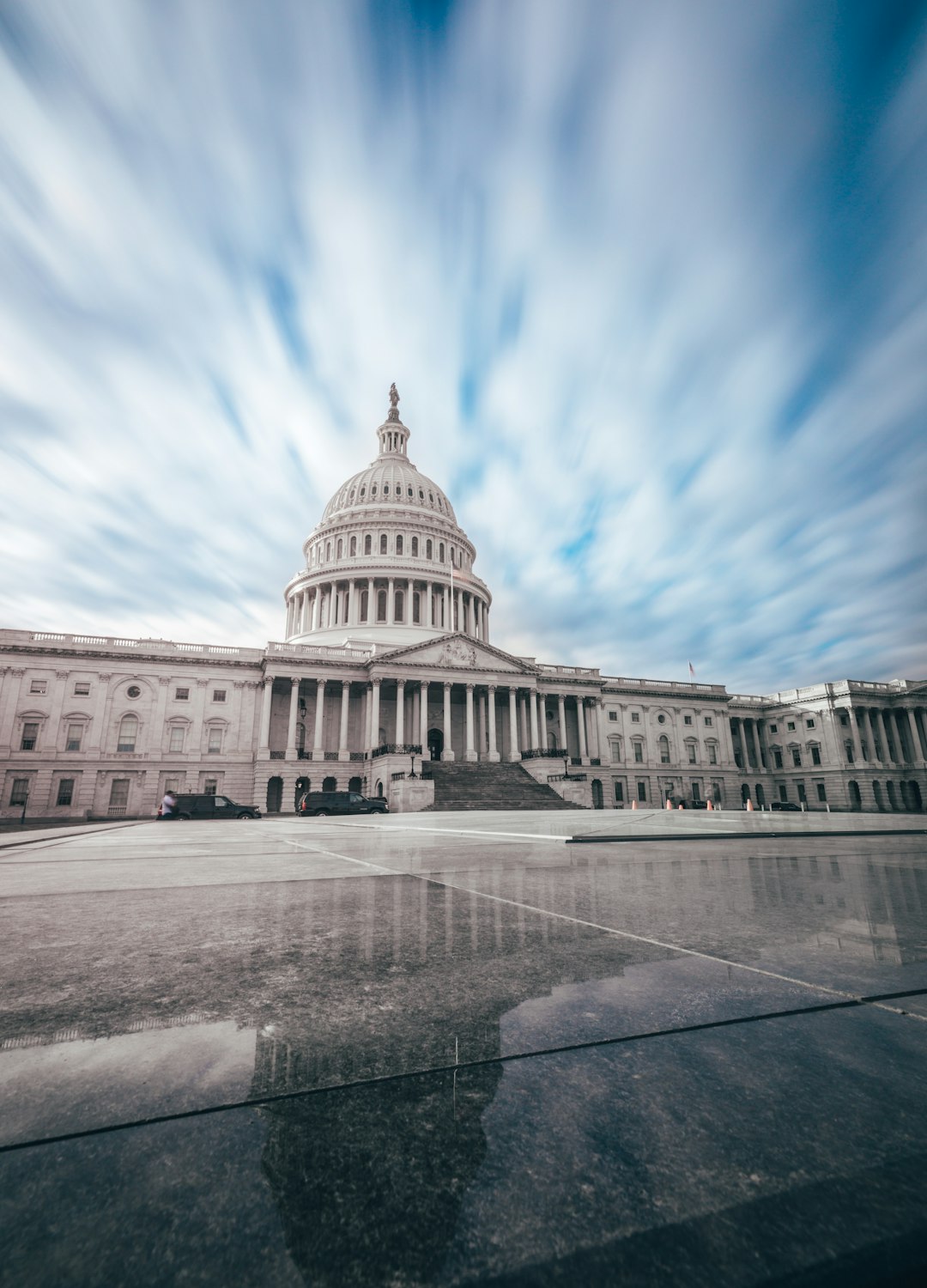
In Washington, the current legal landscape for survivors of clergy abuse is marked by both hope and challenges. Survivors have gained a stronger voice in recent years, thanks to legislative efforts that have established clear guidelines and regulations regarding accountability in religious institutions. However, navigating the legal system can still be daunting for those who have endured such traumatic experiences. Many clergy abuse law firms in Washington are dedicated to supporting survivors by providing legal representation tailored to their unique needs.
These law firms specialize in handling sensitive cases involving spiritual coercion, sexual harassment, or assault within religious organizations. They offer expertise in state and federal laws pertaining to clergy abuse, ensuring that survivors’ rights are protected throughout the legal process. By holding accountable those who have committed such acts, these law firms play a crucial role in fostering healing and preventing future instances of clerical abuse.
Challenges Faced by Abuse Survivors in Lawsuits
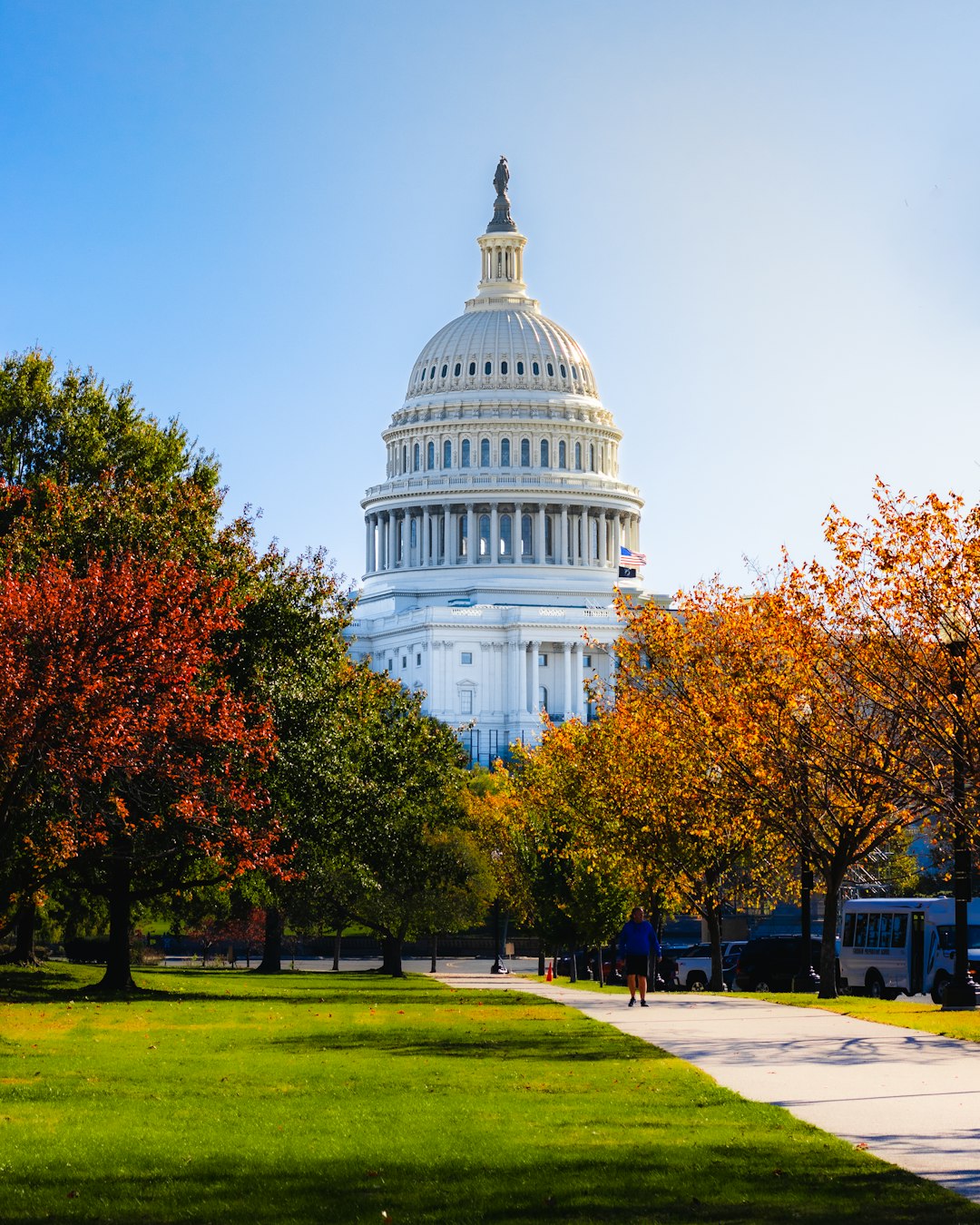
Survivors of clerical abuse often face significant challenges when pursuing legal action against their abusers. In Washington, as in many places, statutes of limitations can pose a hurdle, limiting the time available to file lawsuits and requiring prompt action from survivors. Additionally, the sensitive nature of the issues involved can lead to potential stigma and social barriers, making it difficult for survivors to come forward and pursue legal recourse.
These challenges are further compounded by the often complex and hierarchical structures within religious organizations. The hierarchy between clergy members and their congregations can create a power imbalance that is exploitative and difficult to navigate legally. Many survivors may feel intimidated or pressured to keep silent, especially if they fear retaliation from their communities or religious authorities. However, with the support of experienced clergy abuse law firms in Washington, survivors can find advocates who understand these complexities and have the expertise to guide them through the legal process, seeking justice and closure for their traumatic experiences.
Role of Clergy Abuse Law Firms in Washington
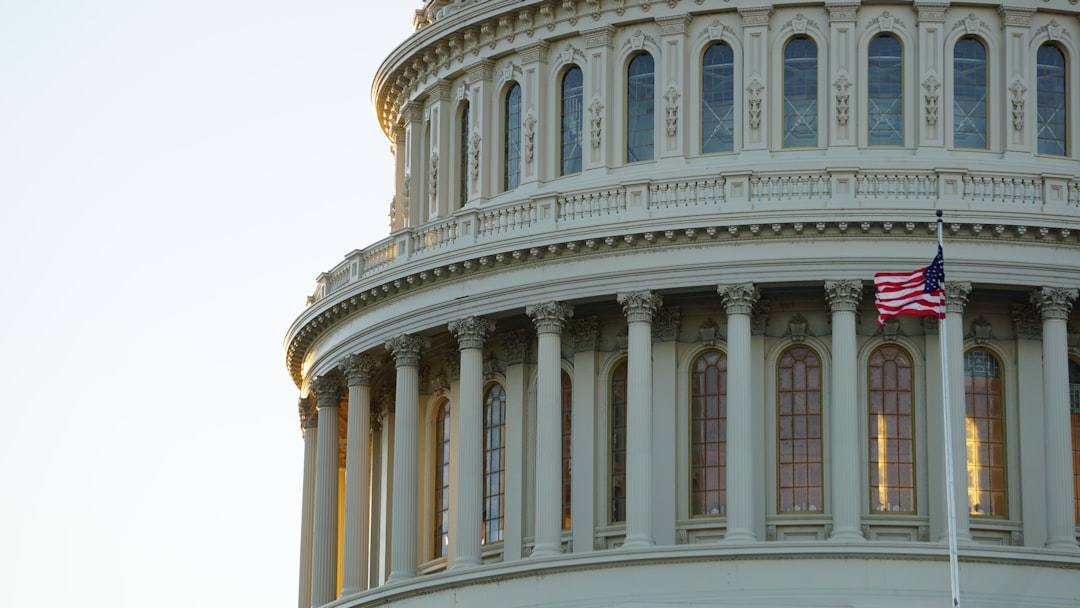
In Washington, clergy abuse law firms play a pivotal role in supporting and advocating for survivors of clerical abuse. These specialized legal practices are dedicated to addressing the unique challenges faced by individuals who have suffered sexual misconduct or harassment within religious institutions. With an understanding of both state laws and the sensitive nature of these cases, these law firms offer crucial services such as counseling survivors through legal processes, providing guidance on filing civil lawsuits, and ensuring they receive the justice and compensation they deserve.
Clergy abuse law firms in Washington work collaboratively with local communities and support groups to raise awareness about the prevalence of clerical abuse and the available resources for victims. Their expertise lies in navigating complex legal systems while maintaining a compassionate approach, enabling survivors to take control of their healing journey. By holding accountable those who have committed such acts, these law firms contribute significantly to creating safer environments within religious organizations across the state.
Supporting Survivors: Resources and Advocacy
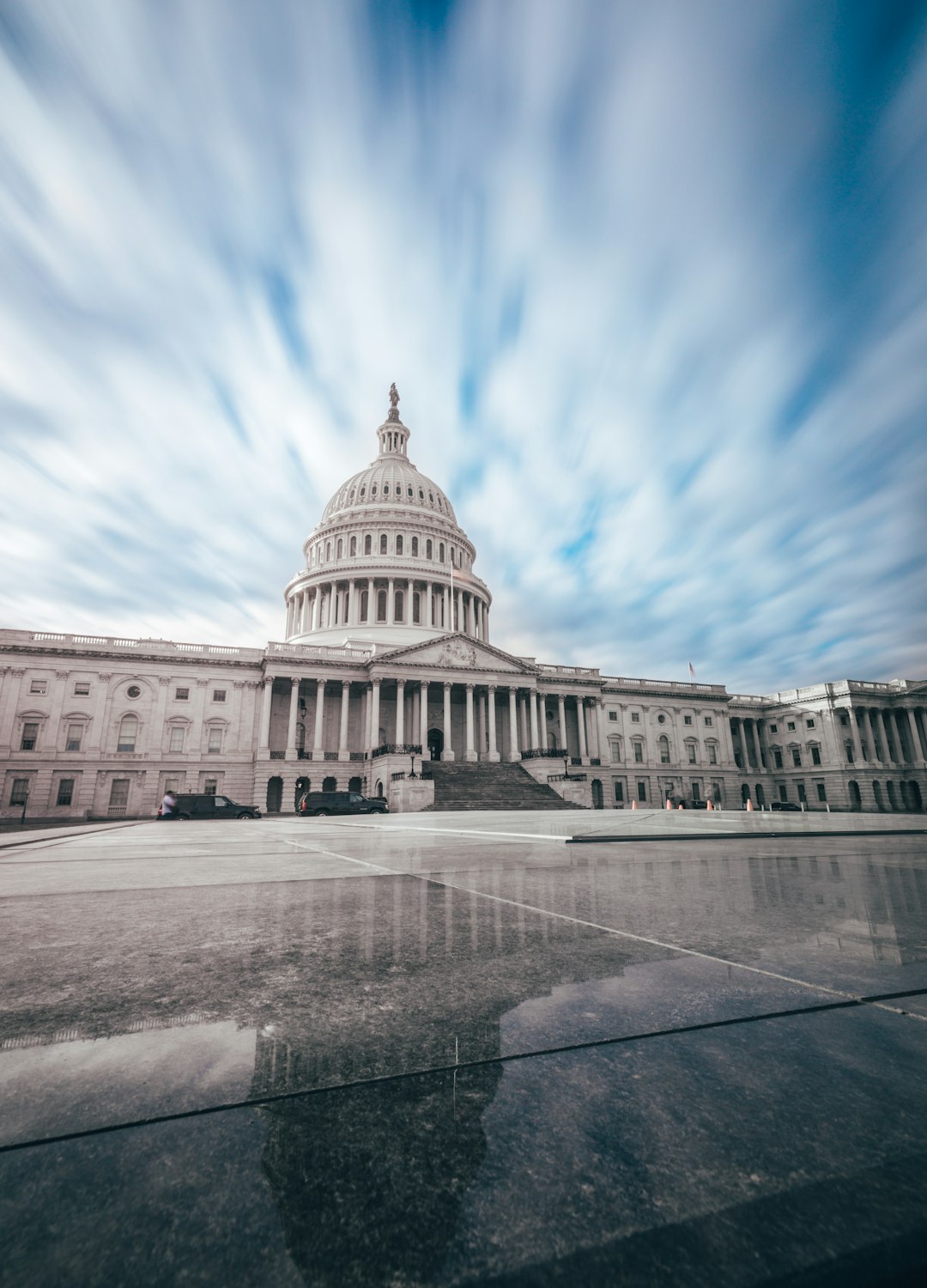
In the aftermath of experiencing clergy abuse, survivors in Washington state can find support through various resources and advocacy groups specifically tailored to address their unique needs. Many non-profit organizations offer counseling services, legal aid, and a safe space for sharing experiences. These initiatives play a crucial role in empowering survivors to take legal action against abusers, with the assistance of reputable clergy abuse law firms in Washington.
Advocacy groups actively work to raise awareness about clergy sexual abuse, lobby for policy changes, and ensure that survivors have access to justice. They provide guidance on navigating complex legal processes, connecting individuals with qualified attorneys specializing in these cases. With their support, survivors can find closure, hold perpetrators accountable, and begin the process of healing from the trauma they endured.
